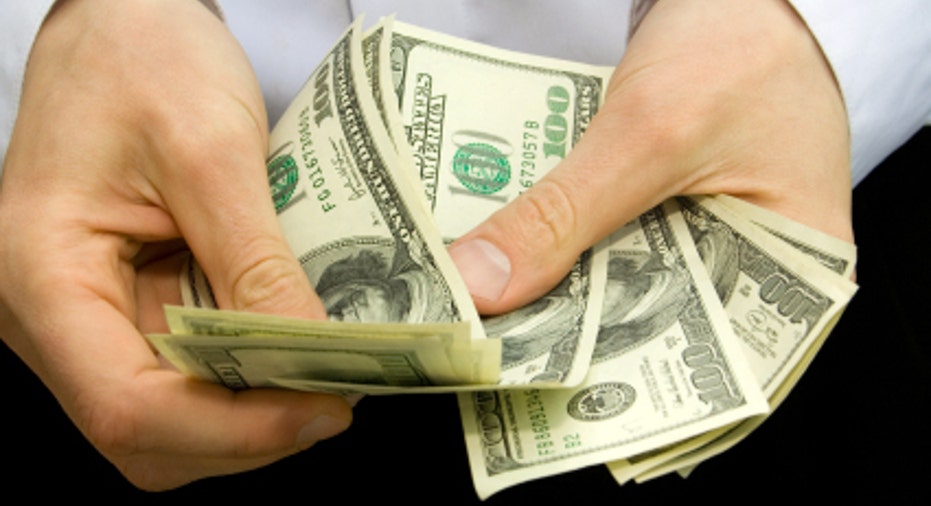How Do I Tell if a Lump Sum is a Good Deal?

Dear Dr. Don,
My question is about a lump-sum payment versus taking monthly payments. I have a cell tower on my property. I receive approximately $2,450 a month for the lease/revenue share. The payment does vary a little based on the call traffic. I have been offered a $329,000 lump sum for a perpetual easement on the property in lieu of the monthly payments.
The current lease has about 40 years left on it -- eight five-year automatic renewals. I am 61 years old and have a full-time engineering job with benefits. I have only a mortgage of about $275,000. I just refinanced at 3.25% for 15 years. I also have one small car loan, about $20,000. I have no other debts and pay off my credit cards each month.
My question is: Which is the better deal, the lump sum or payments? I will take a tax hit, but I think only 15% on the capital gain. I can pay off my mortgage, as I plan to retire soon, but the payments from the tower more than cover the mortgage payments, so that is kind of a wash. I will have a small pension, plus a 401(k) and Social Security.
Thanks.
- David Denouement
Dear David,
I picked your question for the column because I thought it would be a fairly straightforward lump-sum-versus-annuity decision, not unlike the decision faced by a lottery jackpot winner. Digging a little deeper, it's clear there are a lot of variables in the analysis.
If you sell the lease for a lump sum, the payment, as you point out, is expected to be subject to taxation at the capital gains rate. Meanwhile, the lease income is subject to income taxes at your marginal income tax rate, and while that may go down in retirement, it is likely to be higher than your current capital gains rate.
Tax rates can change over time, and there's pressure to increase both capital gains and federal income tax rates in the future. The impact on the property's value after selling a perpetual easement on it makes for interesting tax planning, too.
You say the lease has at least eight five-year terms remaining, with automatic renewals. Are those renewals automatic if the carriers come up with a replacement for the cell tower? How much risk are you facing that the payments will stop or be significantly reduced over time?
As I write this, the Mega Millions lottery has a $363 million jackpot broken into annual payments over the span of 26 years. However, the winner can get an upfront cash payment of $260.4 million. The implied interest rate on the annuity stream is 2.88%. The winner is likely to take the lump sum because a person should be able to earn a higher return on investing the cash than by taking the implied interest rate offered by the annual payments.
Ignoring taxes, your lease payment stream of $2,450 a month for 40 years has an implied interest rate of 8.65%. If we assume you'll pay income taxes on the monthly payments at 25%, versus capital gains tax on the $329,000 at 15%, the implied interest rate is knocked down to 7.49%. You're not likely to do better on your investments than that implied rate on the monthly rent payments, so if you're comfortable with the expectation that the tower and the lease stay in place, I'd suggest sticking with the monthly lease payments.
To bring home this point, if your monthly cell-tower lease payments were discounted today at 2.88% -- the implied interest offered by Mega Millions -- the current value of your lease payments would be $697,800.
Bankrate's content, including the guidance of its advice-and-expert columns and this website, is intended only to assist you with financial decisions. The content is broad in scope and does not consider your personal financial situation. Bankrate recommends that you seek the advice of advisers who are fully aware of your individual circumstances before making any final decisions or implementing any financial strategy. Please remember that your use of this website is governed by Bankrate's Terms of Use.



















